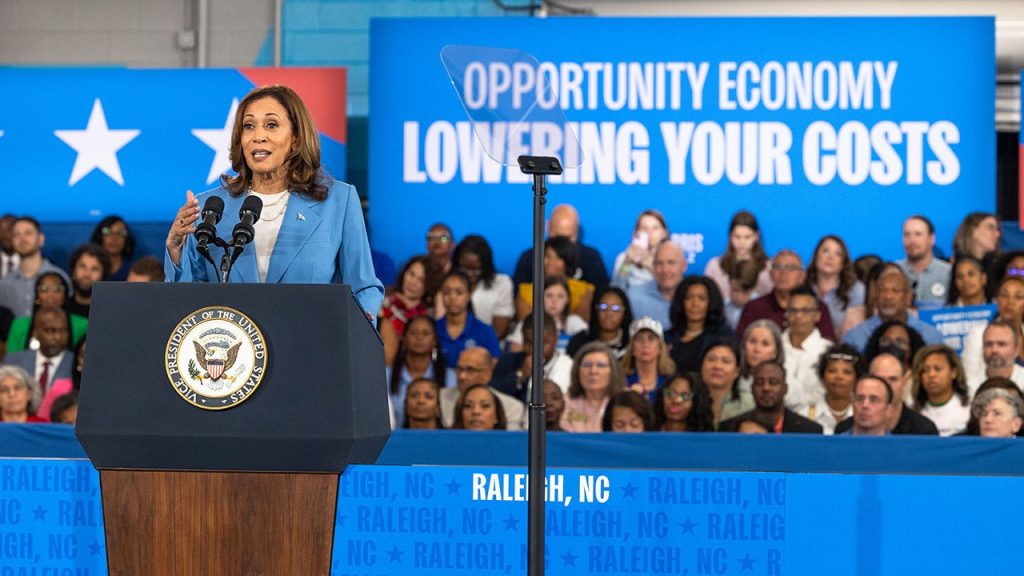Vice President Kamala Harris recently unveiled new small-business tax proposals as part of her “Opportunity Economy” platform, aimed at reducing startup costs for new small businesses. One of the key proposals includes a significant increase in the standard tax deduction for small-business startup costs, from $5,000 to $50,000. However, conservative economists have expressed concerns about the efficacy of Harris’ plan, especially considering her support for increasing marginal tax rates for both corporations and individuals, which they argue could negate the benefits of the increased deduction.
Under the Trump administration, standard deductions were increased while marginal tax rates were lowered, with a focus on cutting taxes for small business owners through measures like the deduction for qualified business income. It will ultimately be up to Congress to decide on the fate of Trump’s expiring tax cuts, which included provisions beneficial to small businesses. In contrast, Harris has proposed raising taxes on corporations and individuals while simultaneously increasing the small-business startup deduction, leading to criticism from conservative economists.
Supporters of Harris argue that her tax plan would benefit small businesses and entrepreneurs, especially during the ramp-up phase of starting a new company. They believe that providing tax credits and deductions to small business owners is vital for driving economic growth and supporting the backbone of the economy. However, critics point out that under current tax laws, most early-stage business expenses are already deductible, and Harris’ proposed increase in the startup deduction may disproportionately benefit larger starting businesses.
Harris’ economic policy decisions have been met with mixed reactions, with some praising her focus on supporting small businesses and entrepreneurship, while others criticize her approach as inconsistent and potentially harmful to the business community. The debate over tax deductions, raising marginal rates, and the overall impact on small businesses under Harris’ proposals continues to divide experts and economists. Despite the criticisms, Harris remains committed to her economic platform, which includes not only small-business tax proposals but also plans to increase capital gains taxes as a way to generate revenue for government programs.
As the debate on Harris’ economic policies continues, experts and former campaign advisers have expressed differing views on the potential effects of her tax proposals. Supporters believe that Harris’ plan will drive economic growth and benefit entrepreneurs, while critics argue that the tax increases in other areas could offset any gains from the small-business tax deduction. Harris’ campaign has not directly addressed the criticisms but has highlighted testimonials from small business owners who believe that their businesses have thrived under the current administration. The ongoing discussion highlights the complexity of economic policy and the challenges of balancing tax cuts and revenue generation to support small businesses and the overall economy.














